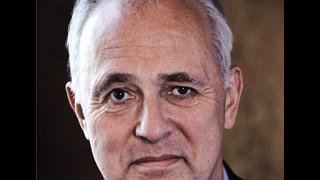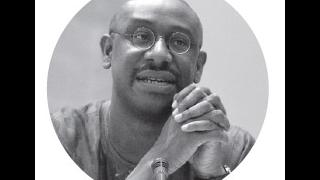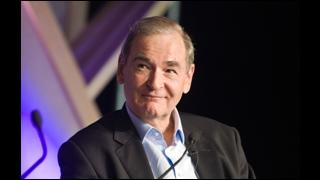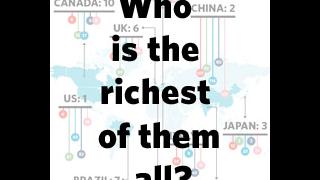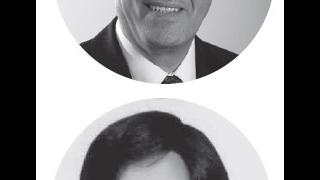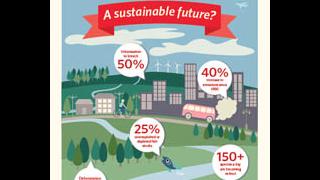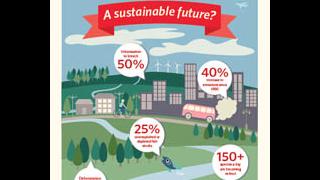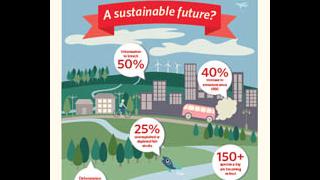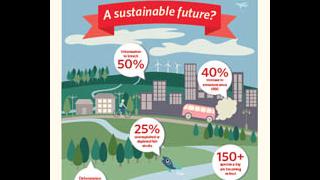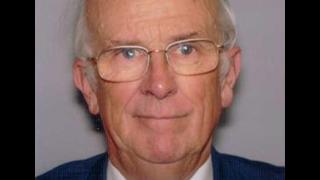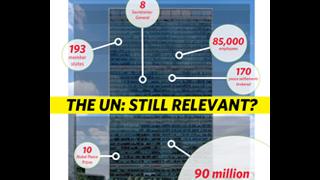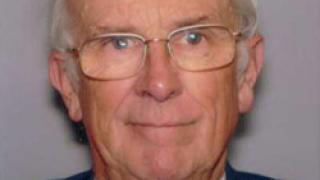
In the early 1970s I was one of those who believed that there would be a Common Market, though not what we now have today - a largely bureaucratic and centralised organisation based in Brussels. The EU set up is dominated by what some would call a ‘political elite’, in danger of eroding the democratic process and sovereignty of its member states. The faceless bureaucrats in Brussels spend their time and tax-payers money devising rules and regulations, essentially the red tape which impedes and hinders the free flow of economic activity and has contributed to the current economic crisis.
It is well known, though seemingly not by our politicians, that is history is littered with fallen empires. I’ve often likened the EU to the old style Soviet Politburo (USSR) and many will be aware of what type of organisation that was. The EU is yet another empire, could the Euro Zone crisis be a sign of another casualty?
Arguably the current crisis would not be so severe if the international monetary system was conducted in the pre-Euro Zone mode e.g., each country in the Euro Zone dealing in its own national currency. Europe may also be better served by an expanded free trade area. Countries on the continent of Europe have been trading with each other for centuries, do we really need the EU to act as a ‘middle man’?
The current global financial and economic crises are a matter of serious concern. All leaders in the international community must take decisive and urgent action. Procrastination undermines confidence in financial and industrial economic activity thus contributing to a slowdown in growth
This financial crisis is not only an economic concern, but also a threat to global peace and security. The international community must convene not only the political leaders but also the leaders in the fields of banking, finance and industry to create innovative solutions. The International Monetary Fund is already working to try and help to resolve the Euro Zone crisis as well as monitoring the wider impact on the global economy.
Finally, the United Nations must be alert to the possibility of civil unrest in those countries hit hardest by these times of austerity, also realising that this could have knock-on effects in this closely interconnected world. The effects of globalisation make this an even more worrying and unpredictable situation we’re facing.
David Thomas has been a member of UNA-UK since 1995. A retired Home Office civil servant living in Porthcawl, Mid Glamorgan, he remains active in local politics.

